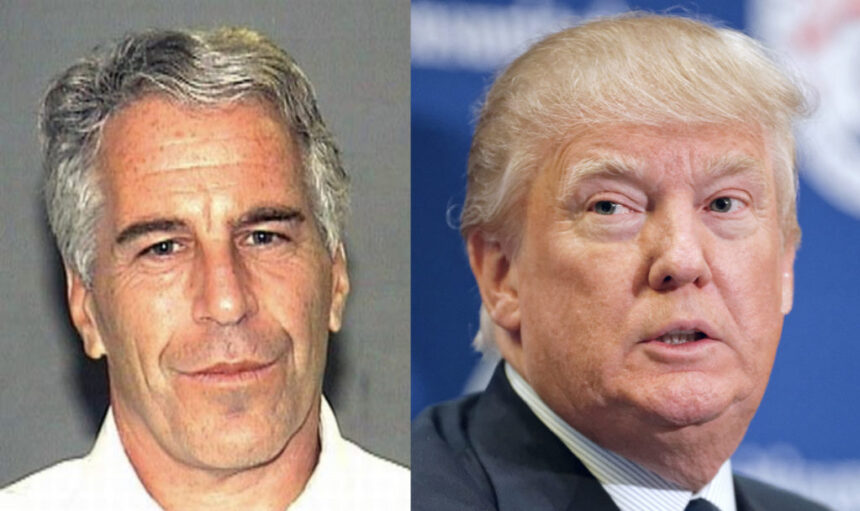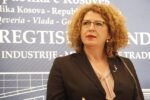Newly published documents from the U.S. House Oversight Committee reveal that Jeffrey Epstein continued to interact with high-profile global figures well into 2018, offering what he framed as political and financial “expertise,” even after his reputation was already deeply tarnished.
The email exchanges and text messages, obtained as part of an ongoing congressional investigation, indicate that Donald Trump was a recurring subject of conversation within Epstein’s private communications—often in the context of political strategy, influence networks, and attempts to access those close to the U.S. president.
Epstein Presented Himself as a Political “Advisor” on Trump
According to emails cited by ABC News, Epstein repeatedly portrayed himself as uniquely capable of explaining Trump’s behavior to foreign leaders.
In a June 24, 2018 email to Thørbjorn Jagland, then-Secretary General of the Council of Europe, Epstein boasted that he had advised a top Russian diplomat on Trump’s psychology—suggesting that Moscow could again make use of his input.
“He must feel he is winning something,” Epstein wrote regarding Trump. “There is so little.”
Jagland’s response appeared receptive, confirming he would pass Epstein’s name to an aide to Russian Foreign Minister Sergey Lavrov.
Just months later, Epstein would be arrested on federal sex-trafficking charges.
Foreign Leaders Sought Epstein’s Advice on Money and Power
The documents also show that Epstein had longstanding relationships with political figures outside the U.S.
Former President of the Maldives, Mohamed Waheed Hassan, contacted Epstein in early 2013 seeking guidance over what appeared to be a dubious $4 billion offshore financing proposal.
Epstein’s reply was blunt: “It’s a scam.”
He advised Hassan to withdraw immediately, highlighting how deeply embedded Epstein was with foreign officials who saw him as an informal strategist.
Epstein Offered Photos of Trump and Claimed High-Level Access
One 2017 email shows Epstein offering a reporter compromising photos, writing that he had images of “Donald and the girls with bikinis in my kitchen.”
There is no confirmation such photos exist, nor any evidence the images were ever shared or published.
Another exchange centers on the elite Alfalfa Dinner in Washington, D.C., where Trump’s son-in-law Jared Kushner was expected to attend. Epstein advised a contact not to raise certain policy issues with Kushner, claiming he “doesn’t care,” and instead urged them to seek influence through billionaire Tom Barrack—one of Trump’s closest longstanding allies at the time.
Frequent Contact With Steve Bannon
The documents reveal regular communication between Epstein and Steve Bannon, Trump’s former White House strategist. Epstein described Bannon as a “friend,” and the two exchanged political analysis in late 2018, including discussions on:
- Federal Reserve Chairman Jerome Powell
- Mike Pompeo’s role in the administration
- Whether Jared Kushner and Ivanka Trump should leave the White House
In one message, Epstein argued that removing Powell was “more important than Syria/Mattis”, revealing how deeply he attempted to position himself within geopolitical decision-making discussions.
A Window Into Epstein’s Network of Influence
The newly released messages show that:
- Epstein maintained relationships with diplomats, presidents, and major political operatives long after his first conviction.
- Trump, his administration, and his inner circle were recurring topics, even though Trump today denies any significant connection to Epstein.
- The documents paint a picture of a man who, despite his criminal past, continued trying to insert himself into the highest levels of global power.
The House Oversight Committee has stated that additional materials may be released in the coming weeks.







